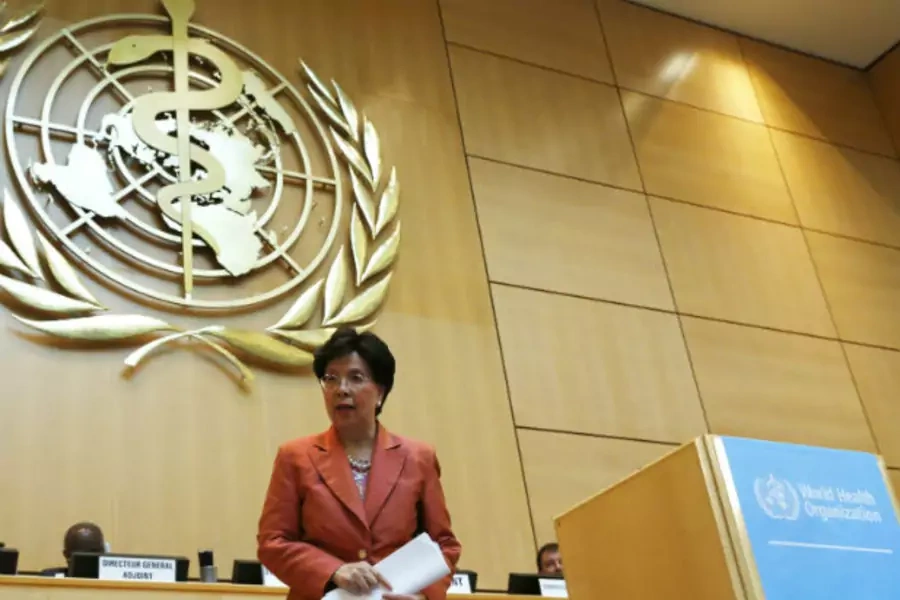Podcast: The Next Director-General of the World Health Organization

More on:
The following is a guest post by my colleague Yanzhong Huang, senior fellow for global health at the Council on Foreign Relations.
The term of the current director-general of the World Health Organization (WHO) ends around July 1, 2017. The leadership transition comes at a pivotal moment for global health and the WHO itself, given criticism over the agency’s handling of the West African Ebola epidemic, its years-long “reform” process, dwindling finances, and the growing threat of Zika virus. This election also marks a departure for the WHO: amid calls for a more democratic election process, the WHO executive board will narrow the field to three candidates, to be voted upon through secret ballots by the May 2017 World Health Assembly, the organization’s decision-making body consisting of all 194 member states.
In this first podcast of a three-part series on electing the next director-general of the WHO, I discuss the implications of this new election process with my colleague Laurie Garrett, senior fellow for global health at the Council on Foreign Relations, and Michael Myers, managing director at the Rockefeller Foundation. Garrett is the only writer to have been awarded the Pulitzer, Polk, and Peabody awards in journalism, and is a renowned expert in global health systems, chronic and infectious diseases, and bioterrorism. Myers leads the Rockefeller Foundation’s work on global health, including its Transforming Health Systems initiative and the campaign for universal health coverage. We are thrilled to have them here with us.
More on:
 Online Store
Online Store